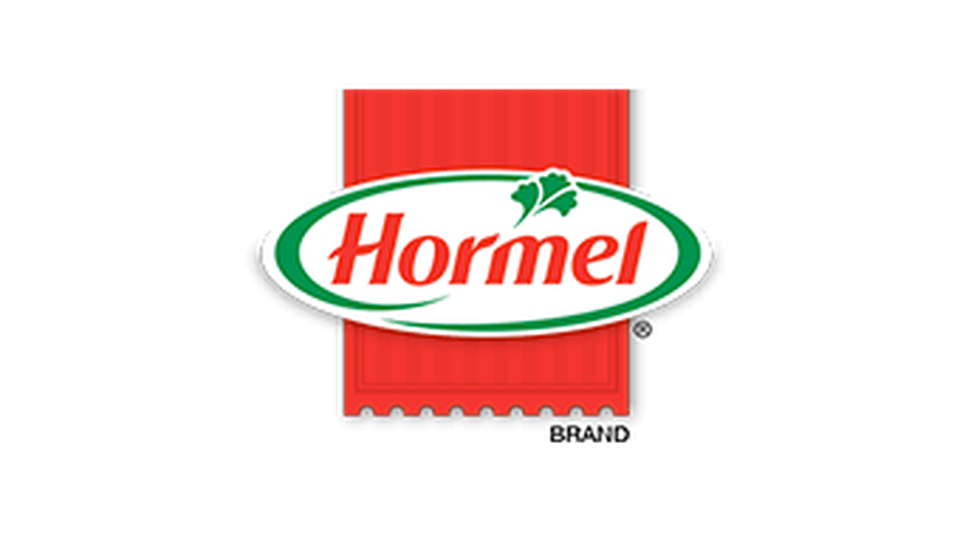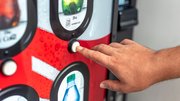Foodservice
Hormel Foods suffers Q4 sales, earnings declines

November 24, 2020
Hormel Foods Corp. reported sales of $1.96 billion for the fourth quarter ending Oct. 25, 2020 compared to $2.007 billion for the 2019 period. Net earnings for the quarter were $234.5 million in 2020 compared to $255.5 million in 2019, with basic earnings per share falling to 43 cents from 48 cents in 2019 and diluted earnings per share falling to 43 dcents from 47 cents.
Organic sales fell 4% in the quarter, slightly better than the market expectations of a 4.3% fall, according to Seeking Alpha, while operating margin fell by 11.4% , beating a market expectation fall of 11.8%, according to a press release.
Shares traded at $48.62 today against a 52-week range of $39.01-$52.97
The ongoing COVID-19 pandemic and subsequent changes in consumer behavior drove higher retail sales in each of the company's segments. Overall deli channel sales increased even as some categories declined. Foodservice net sales continued to show declines, similar to prior quarters. International sales increased primarily due to sales increases in China. Category performance was:
- U.S. retail net sales rose 7%.
- U.S. deli net sales rose 1%.
- U.S. foodservice net sales fell 23%.
- International net sales rose 2%.
"For the quarter, growth in our international segment was incredibly strong, particularly in China, where we drove balanced growth between the retail and foodservice channels. International sales of Spam luncheon meat and Skippy peanut butter remained robust," Jim Snee, chairman of the board, president and CEO, said in the release. "We continued to see a high level of growth for many retail and deli brands, including Applegate, Columbus, Jennie-O, Hormel Black Label, Herdez and Skippy. Consistent with industry trends, our foodservice business showed declines this past quarter."
"I am optimistic about generating sales and earnings growth in fiscal 2021," he said. "Our One Supply Chain team delivered steady production improvements throughout the quarter, and our production capacity for key product lines is structurally higher as we move into next year. The balance we have across the retail, deli, foodservice and international channels gives us confidence in our ability to perform well in many different economic scenarios. This most recent surge of COVID-19 cases in communities does create a level of uncertainty in a number of areas, notably labor availability, customer demand and raw material markets. Our company has adjusted to these conditions and will continue to invest to meet the needs of our team members, customers, consumers and operators."
For an update on how the coronavirus pandemic is affecting convenience services, click here.
 ChatGPT
ChatGPT Grok
Grok Perplexity
Perplexity Claude
Claude






